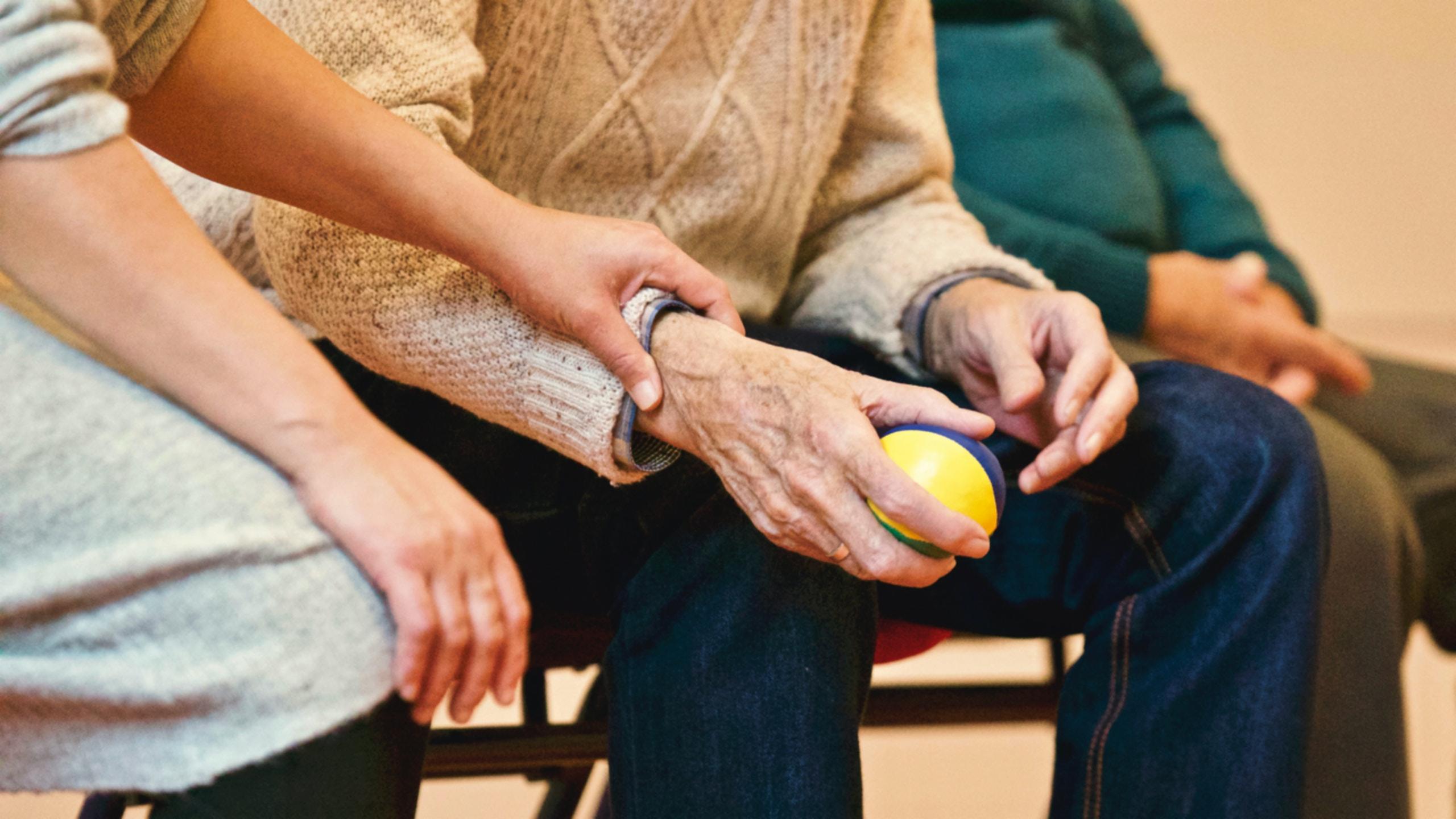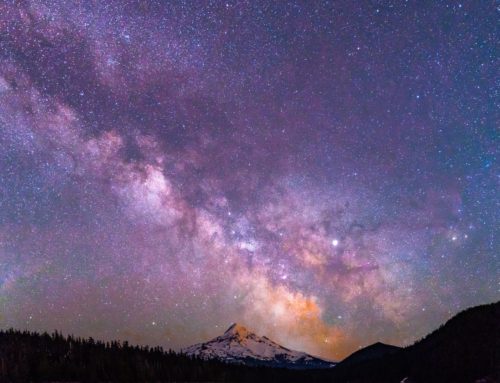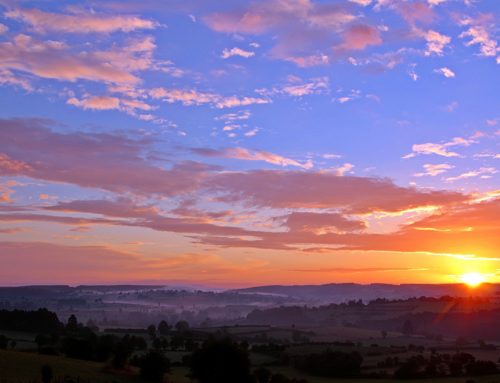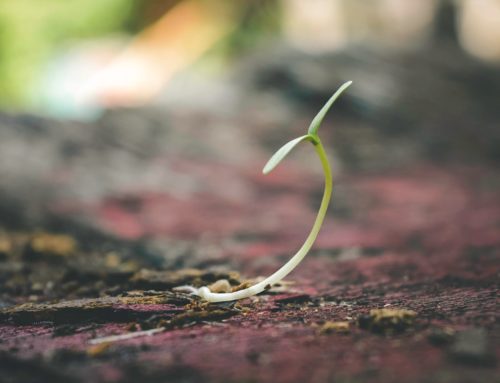The gradual easing of restriction has coincided with warmer spring weather, and it’s great to see people enjoying the parklands of our city, and relishing the opportunity to catch up with at least some of those we have missed seeing ‘face to face’. It feels a bit like coming down from a mountain covered in gloomy mist where it’s hard to know where you are going, and finding the sun out and the skies clearing to blue. It lifts our spirits!
In the story of the Exodus, the people of Israel have had their share of anxiety which has at times boiled over into anger and accusation as tempers flare and people struggle with the unknown and the unpredictability of life. It could easily describe what we have been going through over the months of isolation. But now they come to the foot of Mount Sinai, the place where Moses encountered God in the burning bush. It was from here that Moses was sent to deliver them from slavery and oppression, so this is an important place for them. It’s a place associated in their minds with freedom and new life.
They are on the way toward the Promised Land, a place where they can live in freedom, but an important aspect of this journey is learning how they will live in this land. Will they copy what they have known from Egypt, after all that’s all they have known? But they have run away from that because it was so oppressive, so destructive of human life for those without power and authority. We know that we often repeat the mistakes of our parents, repeat the mistakes of history if we fail to reflect and learn from what the past can teach us.
Sinai marks an important stage in their journey and it’s right for them to camp there and learn, because God has taken them out of one oppressive system and does not want them to build another. So it is here that they receive the most significant gift of all, and through them we are beneficiaries of this gift as well. The gift is the Ten Commandments. Now you may not have considered the Law of Moses to be a gift. In fact many have spoken about them as negative commands that set too tight boundaries on us and are all about what we can’t do – You shall not . . . you shall not! You shall NOT.
Let’s be honest, most of us have not enjoyed the isolation and restrictions placed upon us. They have been all about what we can’t do. But, and it’s a very big but, we have seen the result as the number of infections have dropped dramatically. It’s all been to save us from harm, and so we will benefit in the long term. In giving the people of Israel the Law, God wanted to form them as a distinct people to live in a way that modelled for all the world how we should all live.
What these commands underline and guide us toward is building a community that is holy. Note that I didn’t say ‘holier than thou!’ This law forms us as a holy people not to set us apart as perfect or more spiritual than others. Holiness defined by the Law of Moses is about how we love God and our neighbour, which is why Jesus picks this up in his teaching when he summarises the whole law by saying, You shall love the Lord your God with all your heart, soul, mind and strength and your neighbour as yourself.
These commands teach us to live well with others, to respect others, to listen well, to refrain from violence, to keep a day to rest and pray, to tell the truth not false news. Holiness is not just being aware of an awe inspiring Other we call God. It is partly that, but it is also very down to earth – about how we care for one another, live merciful and just lives as a way of revealing the presence of the Holy One in everyday life.
Peter





